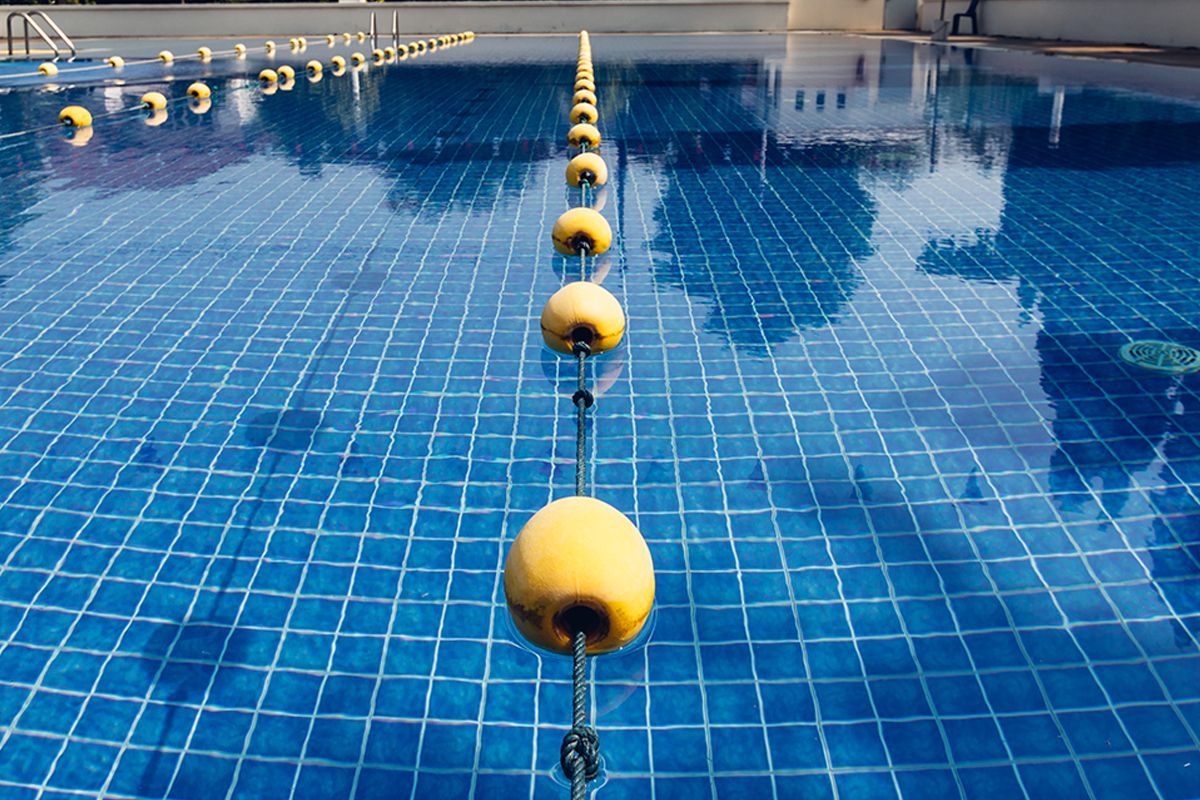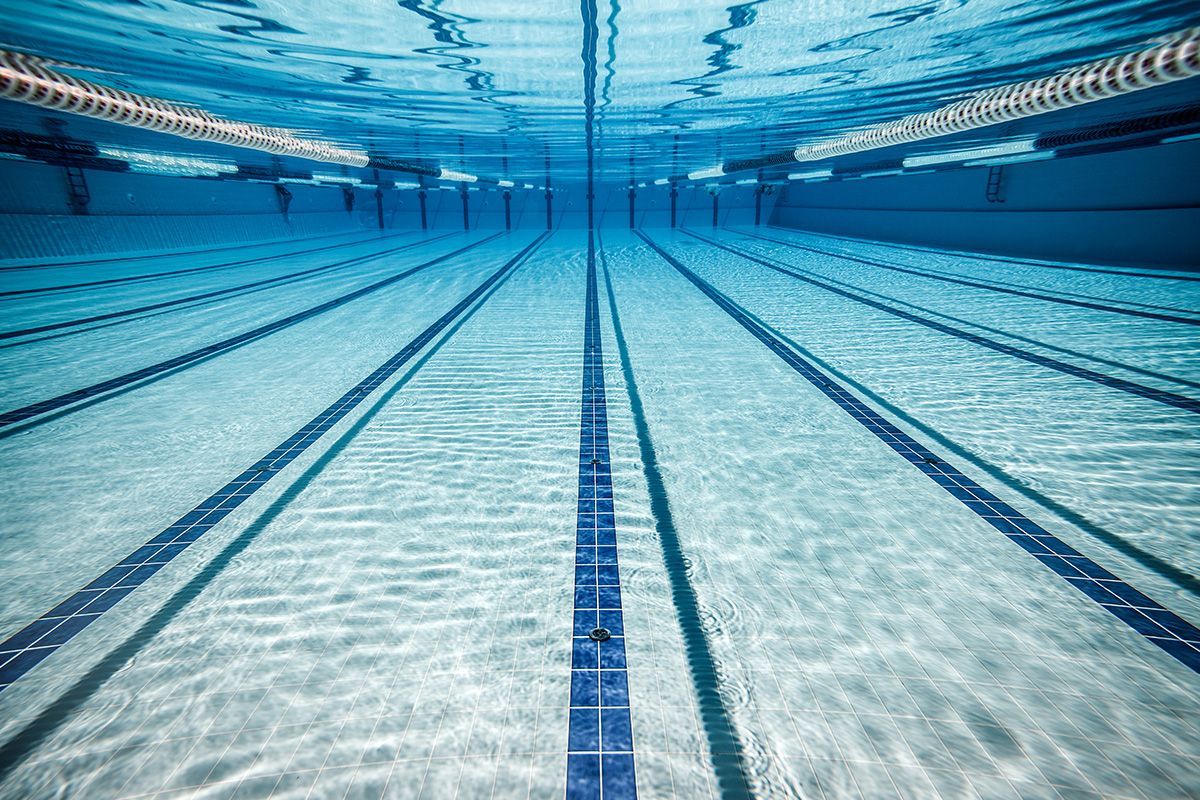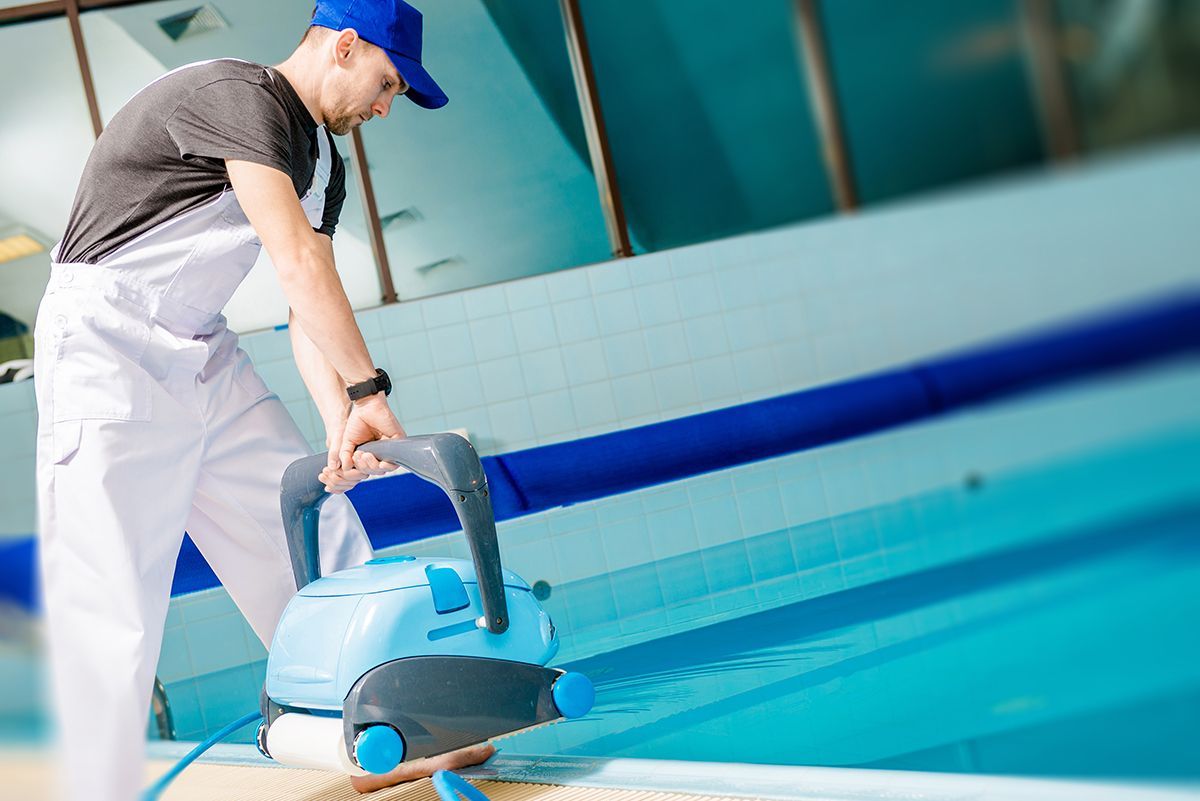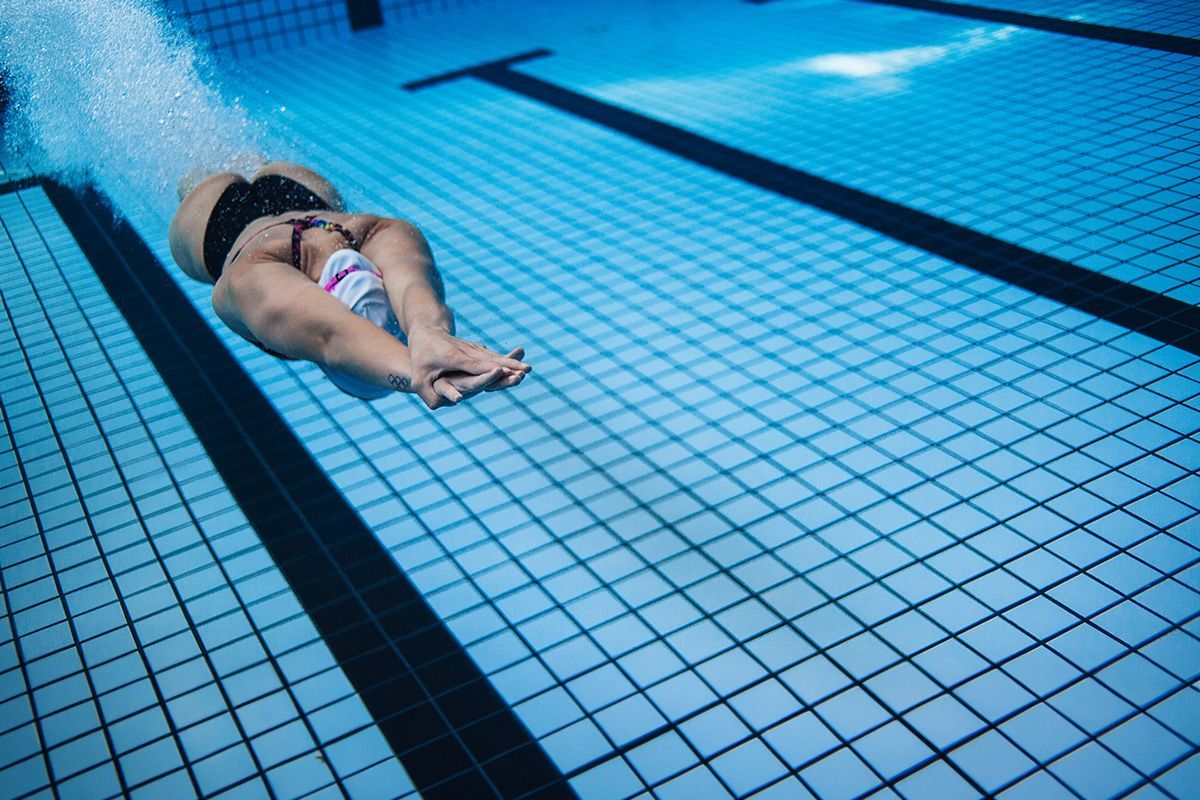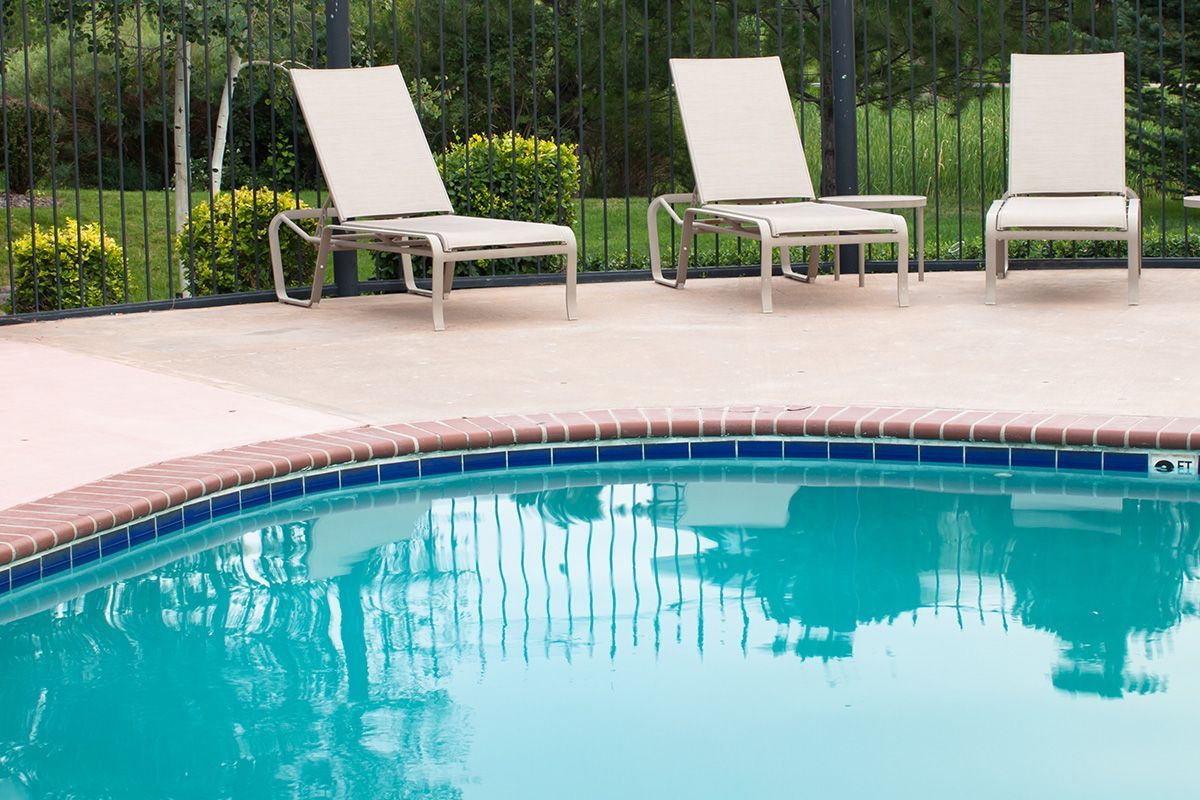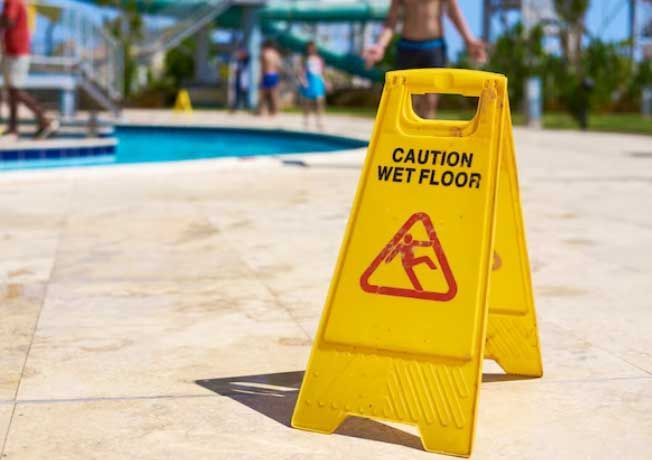Understanding the Role of Pool Barrier Inspections in Water Safety
When it comes to pool safety, one cannot underestimate the importance of pool barrier inspections. These inspections play a crucial role in ensuring the well-being of individuals, especially children, around swimming pools.
In this comprehensive guide, we will delve into the significance of pool barrier inspections and their vital role in upholding safety standards. Let's explore the key aspects of pool barrier inspections and understand why they are essential for water safety.
The Importance of Pool Barriers
Pool barriers are physical structures designed to prevent unauthorised access to swimming pools and reduce the risk of accidental drowning incidents. These barriers, such as fences, walls, and gates, act as a crucial line of defence, providing a safe and secure environment for pool users. Equipped with self-closing and self-latching mechanisms, pool barriers are specifically designed to deter children and pets from entering the pool area unsupervised.
The Vital Role of Pool Barrier Inspectors
Pool barrier inspectors play a pivotal role in ensuring the safety and compliance of pool barriers. These professionals undergo specialised training and certification to evaluate the structural integrity and effectiveness of pool barriers. During inspections, they assess various elements, including fence height, gate operations, latch mechanisms, gap measurements, and the overall condition of the surrounding areas.
Preventing Accidents through Regular Inspections
Regular inspections conducted by proficient pool barrier inspectors are instrumental in preventing accidents and saving lives. These inspections help identify potential hazards and non-compliant barriers, allowing pool owners to promptly address any safety concerns. By detecting weaknesses or vulnerabilities that may compromise the integrity of the pool area, inspectors enable pool owners to take proactive measures to ensure a safe swimming environment.
Addressing Common Pool Barrier Challenges
During pool barrier inspections, inspectors often come across common issues that pose safety risks. These challenges include damaged or corroded gates, loose or weakened fence panels, improper latch mechanisms, gaps in fencing, and overgrown vegetation near the barriers. By identifying these concerns, inspectors guide pool owners in rectifying them and recommend necessary repairs or upgrades to ensure the effectiveness of the pool barriers.
Compliance with Local Regulations and Building Codes
Pool barrier inspections are not only crucial for safety but also for ensuring compliance with local regulations and building codes. Each jurisdiction may have specific requirements regarding pool barriers, and adhering to these standards is essential. Pool barrier inspectors possess extensive knowledge of these regulations and can help pool owners ensure that their barriers meet the necessary criteria.
Educating Pool Owners for Enhanced Safety
In addition to conducting inspections, pool and spa inspectors act as valuable educators for pool owners. They provide guidance on proper barrier maintenance, emphasise the importance of vigilant supervision, and offer tips for enhancing overall pool safety. By promoting awareness and responsibility, these professionals significantly contribute to creating a secure swimming environment for all.
The Process of Pool Barrier Inspections
Pool barrier inspections typically involve a comprehensive evaluation of the pool barriers and their surrounding areas. Inspectors assess the structural integrity of fences, gates, and walls, ensuring that they meet the required height and strength criteria. They also examine the functionality of gate latches, ensuring they are self-closing and self-latching. Additionally, inspectors check for any gaps or openings in the barriers that may allow unauthorised access.
Importance of Pool Barrier Inspections for Public Pools
Pool barrier inspections are not limited to private residential pools. In many jurisdictions, pool and spa inspectors are responsible for ensuring that public pools also meet health and safety standards. These inspections include evaluating the pool's filtration and sanitation systems, checking water quality, and ensuring that pool equipment is in good working order. By conducting these inspections, pool barrier inspectors help safeguard the public's well-being at public swimming facilities.
Licensing and Insurance for Pool Inspectors
To ensure professionalism and accountability, pool inspectors must be licensed and insured. Licensing requirements vary by state, but most states require pool inspectors to pass an exam to obtain their licence. Additionally, pool inspectors often carry insurance to protect themselves from liability in case something goes wrong during an inspection or in the event of pool-related accidents.
Conclusion
In conclusion, pool barrier inspections play a crucial role in ensuring water safety and preventing accidents, particularly accidental drownings. These inspections, conducted by qualified professionals, help identify potential hazards, ensure compliance with regulations, and guide pool owners in maintaining effective barriers. By prioritising regular inspections, pool owners can create a safe swimming environment for their loved ones and enjoy peace of mind knowing that their pool barriers meet the necessary safety standards.
Remember, when it comes to pool safety, prevention is always paramount. Schedule a pool barrier inspection today and take the necessary steps to protect your loved ones.
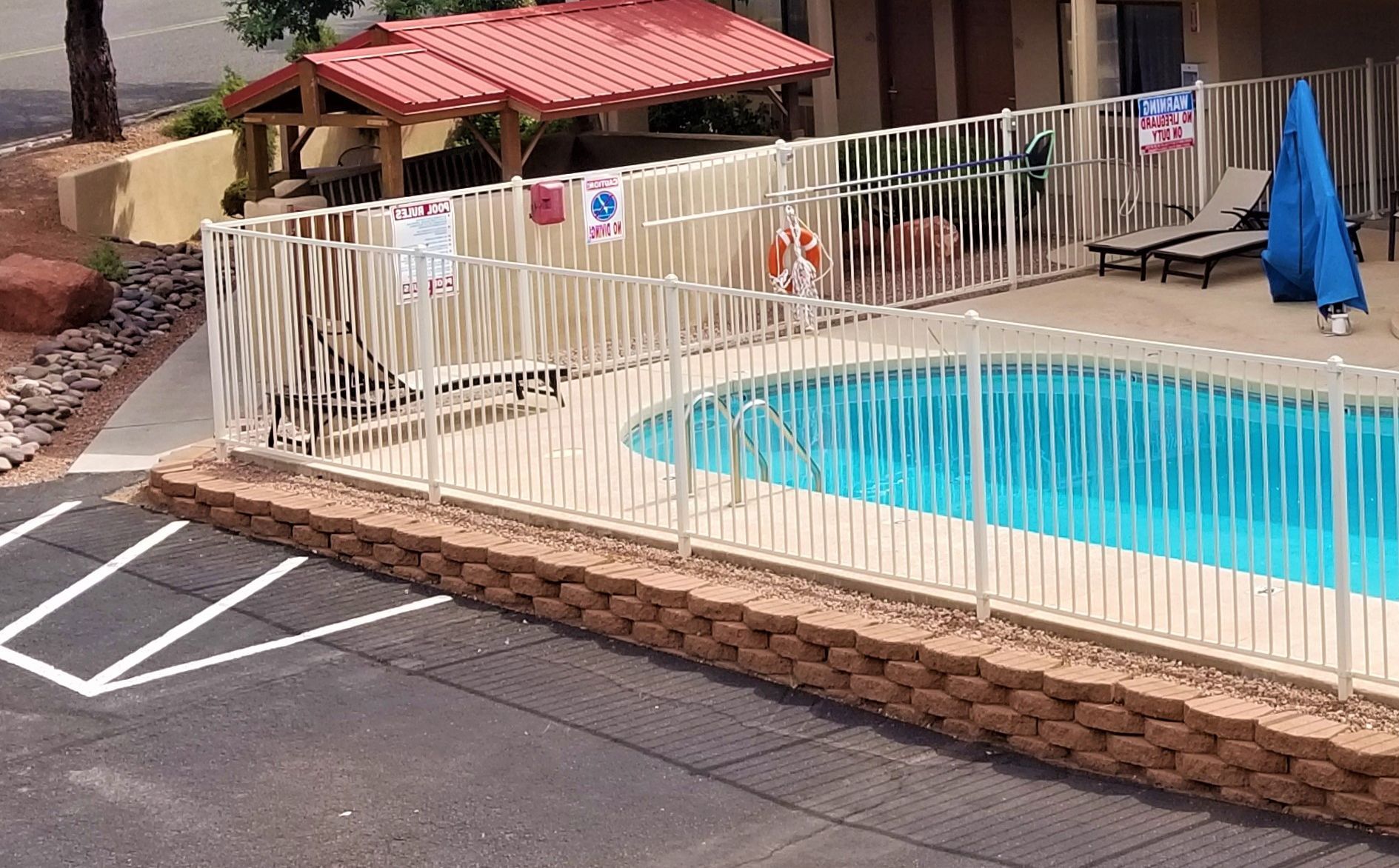
OUR LOCATION MAP
All Rights Reserved | Pool Safety Check

